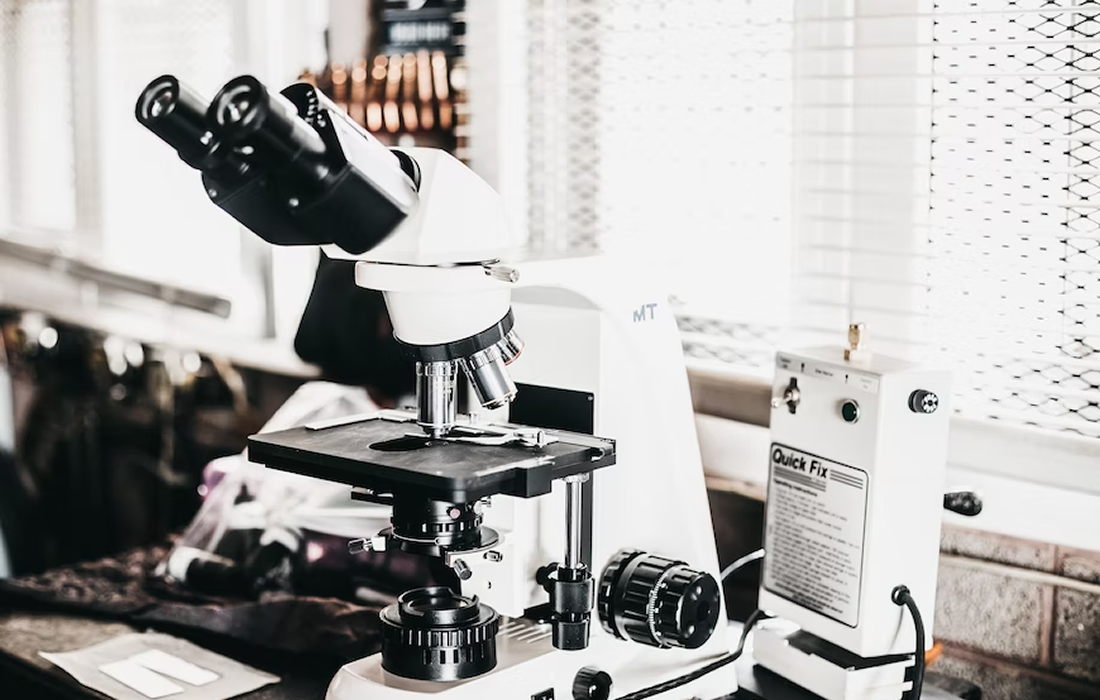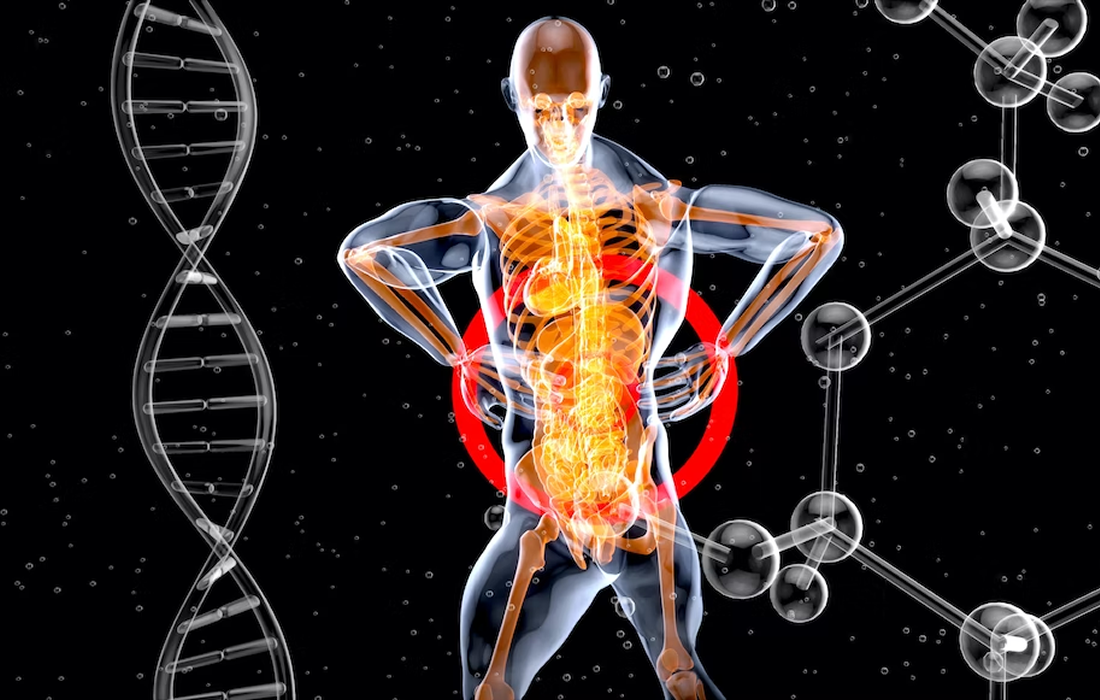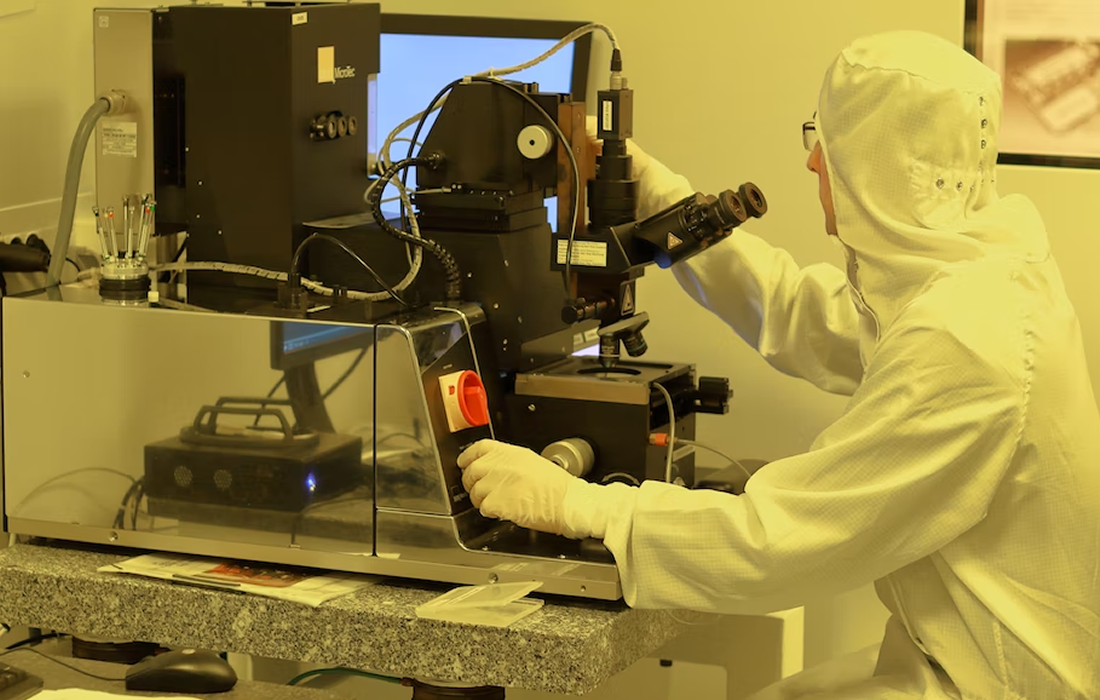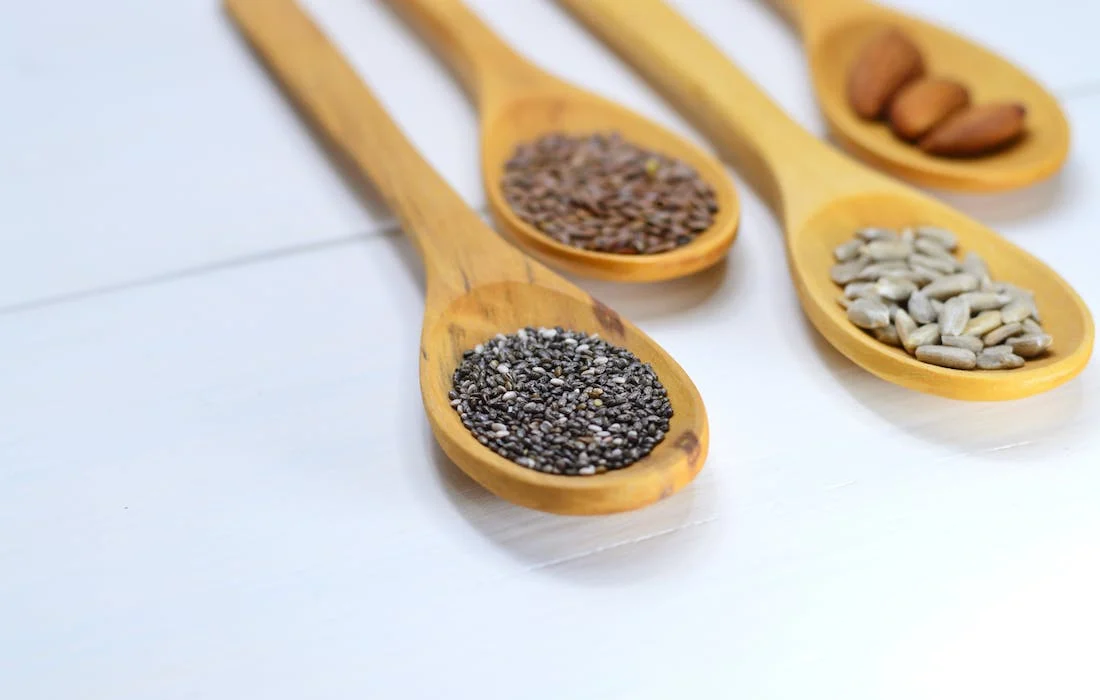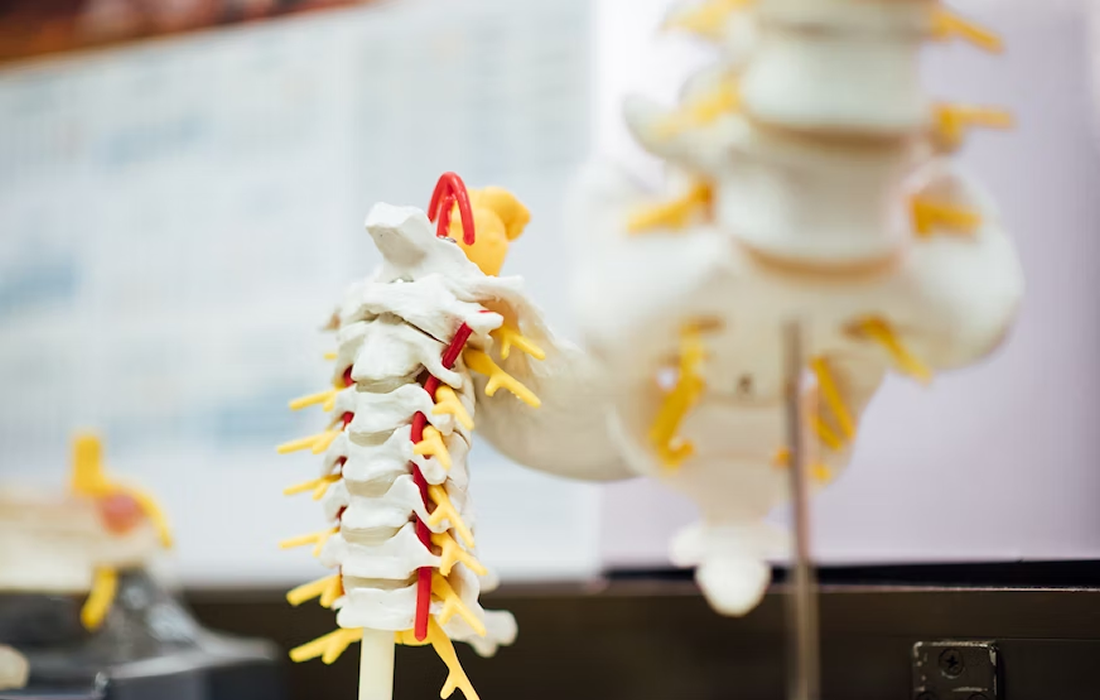Biomedical engineers and medical researchers at UNSW Sydney have independently made discoveries about embryonic blood stem cell creation that could one day eliminate the need for blood stem cell donors. The achievements are part of a move in regenerative medicine towards the use of ‘induced pluripotent stem cells’ to treat disease, where stem cells are […]
Author Archives: Karely Vega, MD
A team led by Van Andel Institute and Max Planck Institute of Immunobiology and Epigenetics scientists has identified two distinct subtypes of insulin-producing beta cells, or ß cells, each with crucial characteristics that may be leveraged to better understand and treat Type 1 and Type 2 diabetes. ß cells are critical guardians of the body’s […]
Sleep disorders such as insomnia are common among young people, especially those with psychiatric conditions. According to some estimates, around 17% of youth engage in self-harming behavior. There are currently few empirically-supported treatments for the condition in youth. A recent meta-analysis suggests that treating the causes of self-harm may reduce its incidence. Some have thus […]
MitoQ, a mitochondrial antioxidant that is available to the public as a diet supplement, was found in a mouse study to reverse the detrimental effects that HIV and antiretroviral therapy (ART) have on mitochondria in the brain, heart, aorta, lungs, kidney and liver. The researchers used a molecular method to measure the ratio of human […]
As we age, the end caps of our chromosomes, called telomeres, gradually shorten. Now, Salk scientists have discovered that when telomeres become very short, they communicate with mitochondria, the cell’s powerhouses. This communication triggers a complex set of signaling pathways and initiates an inflammatory response that destroys cells that could otherwise become cancerous. The findings, […]
Stem cells can develop into many different types of cells in the body. For instance, when a person is injured, stem cells come to the site of the injury and aid in healing damaged tissues. New nanotechnology developed by a team of researchers from Texas A&M University could leverage the body’s regenerative potential by directing […]
The researchers say increased intake of magnesium-rich foods such as spinach and nuts could also help reduce the risk of dementia, which is the second leading cause of death in Australia and the seventh biggest killer globally. The study of more than 6,000 cognitively healthy participants in the United Kingdom aged 40 to 73 found […]
In recent years, researchers have made measurable progress, using animal models, to promote tissue regeneration in spinal cord injuries (SCI) through implanted neural stem cells or grafts. Other efforts have shown that intensive physical rehabilitation can improve function after SCI by promoting greater or new roles for undamaged or spared cells and neural circuits. In […]
A University of Massachusetts Amherst nutrition scientist who has spent his career studying breast milk has demonstrated how beneficial microbes in the gut of infants use nitrogen from human milk to support pediatric nutrition and development. “The molecules in breast milk not only feed the baby but also feed the baby’s microbiome,” says David Sela, […]
Many people who have dieted are familiar with the yo-yo effect: after the diet, the kilos are quickly put back on. Researchers from the Max Planck Institute for Metabolism Research and Harvard Medical School have now shown in mice that communication in the brain changes during a diet: The nerve cells that mediate the feeling […]

